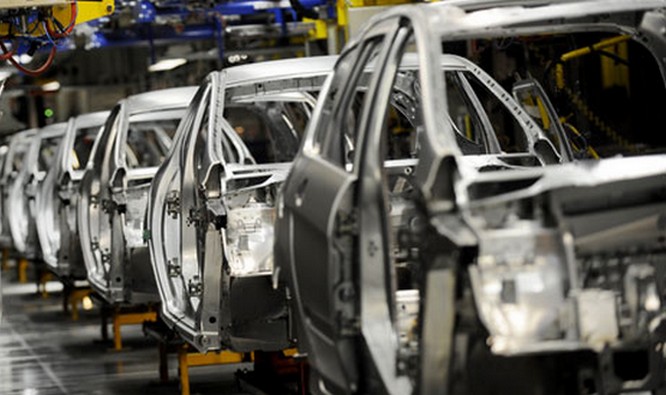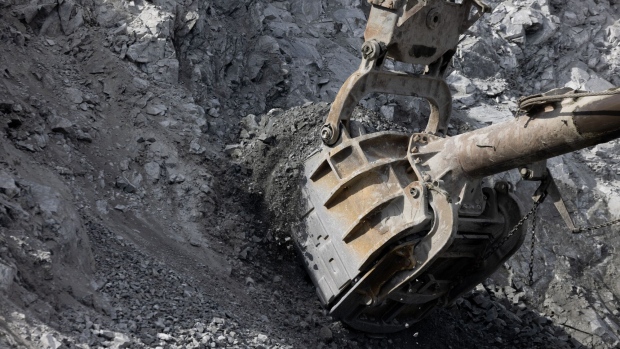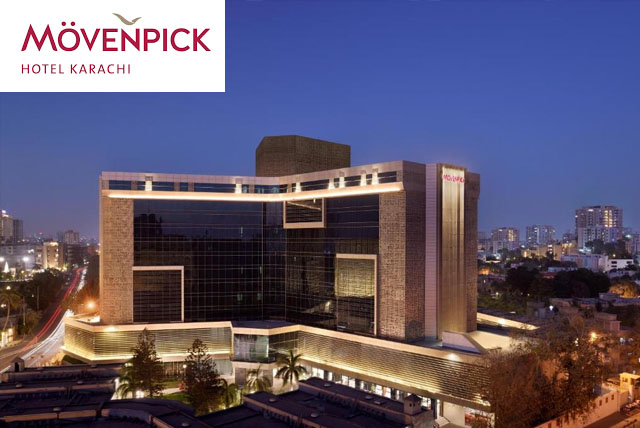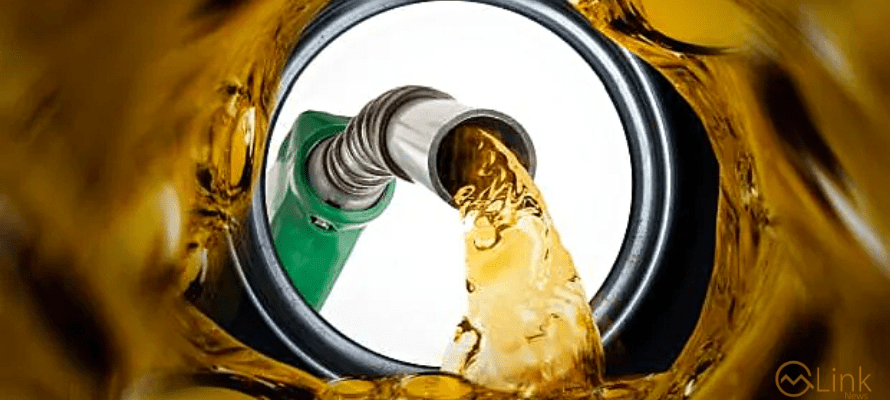August 5, 2019 (MLN): Automobile sector has been embroiled in a stir for quite some time now, or perhaps ever since the local currency started losing its value. The sector does not seem to be knowing exactly how and where it’s going wrong, and what it should do to escape the imbroglio it has been entrapped in.
From what it looks like, the persistent increase in the prices of different variants by major auto players has caused most of the damage. Just about last month, we saw Honda Cars and Pak Suzuki Motors raising prices to combat the impact of continuous PKR devaluation and rise in Federal Excise Duty (FED) by the government.
There is no doubt that rupee devaluation is to be blamed for most of the sufferings instilled on the auto sector. However, the matter of fact is that the business environment and the state of economy at large, has made it quite difficult for not only auto but a number of sectors to survive commercially. These economic restraints, apart from rupee devaluation, also include rising interest rates, high inflation as well as adverse regulations imposed by the state.
Despite the fact that the commercial viability of auto companies is at stake, they have nonetheless managed to stay afloat up till now. This signifies that that most of the auto companies, except for INDU maybe, might not be performing profitably but are at least being resilient in the face of all adversities.
Volumetric sales at stake
The recent numbers released by the Pakistan Automotive Manufacturers Association (PAMA) revealed that the sale of passenger cars in June plunged by 4.3% on a month-on-month basis, and 5.66% on a year-on-year basis.
As per a research note by JS Global, the total sale of passenger cars is expected to decline by a massive 42% in July on a YoY basis. The last time such a decline in volumes was witnessed was back in 2011, the reason being that the government at that time had increased the age limit for imported cars to 5 years from 3 years, instigating the consumers to switch from locally manufactured vehicles to imported variants at a much cheaper rate.
However, this time around the reason is entirely systematic in nature. According to the details provided by the report, the devaluation of rupee for the past 18 months has pushed the lines for auto sector to such an extent, that almost all major companies have increased prices by nearly 50% during the said time. This is definitely going to affect the volumetric performance for not only July, but many more months to come.
Sector performance thus far
Recently, three major auto companies announced their financial results for the period ended June 30, 2019, wherein one of them reported substantial losses. While we await the results of INDU and MTL to give a sound opinion on the overall performance, here’s a brief outline of what has happened within the auto sector so far;
Pak Suzuki Motor Company: PSMC announced net losses of Rs. 544 million and Loss per share of Rs. 6.62 for the quarter ended June 30, 2019. The company saw almost no growth in its sales revenue, in spite of an increase in car prices over the previous quarter. With regards to half-yearly performance, it incurred losses of Rs. 1.5 billion, as compared to the profits of Rs. 1.2 billion in the same period of last year.
Atlas Honda Limited: ATLH announced Profit after Tax of Rs. 842 million for the quarter ended June 30, 2019, depicting a decline of 29.5% over the same period of last year. The earnings were impacted by higher increase in cost of sales than sales revenue, which pulled down gross profits by 19%.
Honda Atlas Cars Limited: HCAR earned a Profit after Tax of Rs. 241 million, as compared to Rs. 1 billion earned in the corresponding period of last year. The major driving force behind this typical performance was the drop in revenue by 25%, thanks to poor sales volume. Moreover, the gross profits fell by 37% on account of persistent PKR devaluation.
From the above stated results, it is clear that the performance of auto sector so far has been pretty reasonable as compared to other sectors, in spite of various economic challenges. However, now that various other economic challenges have come into play, the volumetric results for the month of July would tell the real story of how bad the circumstances for auto sector really are.
Copyright Mettis Link News
29295







